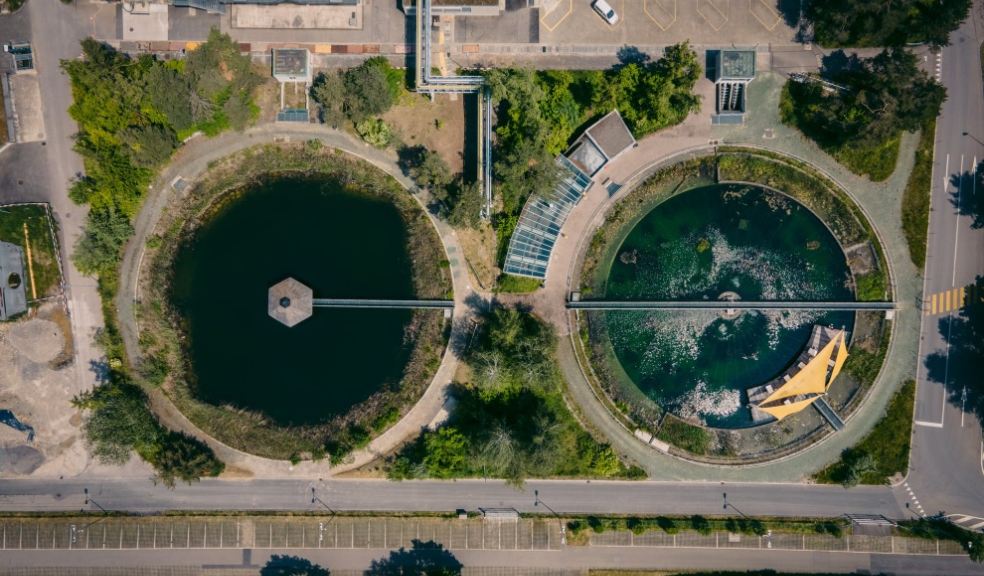
Why are Sewage Treatment Plants Important?
Sewage treatment plants have become increasingly common in both domestic and commercial spaces.
Intending to reduce the harmful effects of sewage produced before it reaches aquifers or natural water bodies, these plants are a sustainable addition to every space. However, with the lack of understanding that people possess about these systems, it’s no surprise that their importance isn’t fully understood.
Many assume that these treatment systems are complex and fall prey to the several myths surrounding them. However, most of these issues can be addressed easily, even noise reduction in a sewage treatment plant.
With this in mind, if you’re looking to learn more about the importance of sewage treatment plants, we’ve compiled information that covers all that you need to know about these systems.
Let’s take a look!
How Does a Sewage Treatment Plant Work?
A sewage treatment plant operates by circulating air that encourages the growth of bacteria. The bacteria break down sewage to deliver a more environmentally-friendly effluent.
A treatment system involves a network of pipes that carry the sewage, treat it, and then release a more eco-friendly effluent. This means connecting this plant to the main sewers is the best and most cost-effective way of installing this plant in your home.
With this, it also provides several benefits that include -
Discharges Purified Water Back Into The Environment
Wastewater treatment facilities mimic the purifying process of nature to send a more sustainable effluent out into the environment. Since the sewage produces several types of toxic and non-toxic components, letting it out as it is, can be detrimental to the environment.
Investing in a treatment plant lets you control this and with the bacteria breaking down the sewage, you’re guaranteed a safer effluent / water that goes back to the environment.
Protects Humans And The Ecosystem
Wastewater contains components that are toxic to both humans and the ecosystem. The several impurities present can affect air quality, our internal systems and even the underwater environment.
Since any type of unclean water presents a significant amount of threats, treating it by installing a sewage treatment plant can be beneficial. While these plants may come with a few requirements, other problems such as sewage plant noise pollution can be easily taken care of, by upgrading the plant.
The Consequences of Not Disposing of Wastewater Properly
With homes, businesses and cities giving out large amounts of toxic effluents, treating the waste produced is essential. The consequences of not disposing of this produced wastewater can have severe consequences.
Some of them include -
Polluting Natural Water Bodies
Most of the untreated water flows directly into natural water bodies. While this should be prevented at all costs, it’s unfortunately something that is still very prevalent. This wastewater can be really toxic for marine life and can turn these natural bodies into polluted waters.
If spread, the toxic water can have severe consequences that can have long-lasting effects.
Soil Contamination
While being let out into water bodies, some of the toxic wastewater may enter the soil and filter down. This may be the cause of a leaking sewage treatment plant or a lack of good outlets. However, the outcome results in the soil getting polluted and spreading.
With the pathogens and bacteria present in the wastewater, the soil is sure to get contaminated. However, with this, it can also hurt the vegetation growing there and may also affect the groundwater supply an area receives.
Harmful Consequences For People
If wastewater isn’t disposed of properly, it may empty into natural water bodies that people use on a daily basis for drinking, cleaning and other purposes. This can be very dangerous to people’s health as the pathogens present in this toxic water can cause several illnesses ranging from vomiting to cholera.
Whether it is used during the cooking process or is something you come in contact with directly, it can pose several health risks and can build up in your body to cause more problems down the line. This makes it essential to install a sewage treatment plant.
To Sum Up…
The importance of a sewage treatment plant must not be underestimated as it can have several positive effects on the environment. With the mass movement toward living a more sustainable life, many people have begun opting for resources and systems, such as sewage treatment plants, to live a better life and do their part in keeping the environment safe.
While we covered the basics of this system, there are many more benefits it can provide making a sewage treatment plant a very valuable addition to every premise.













